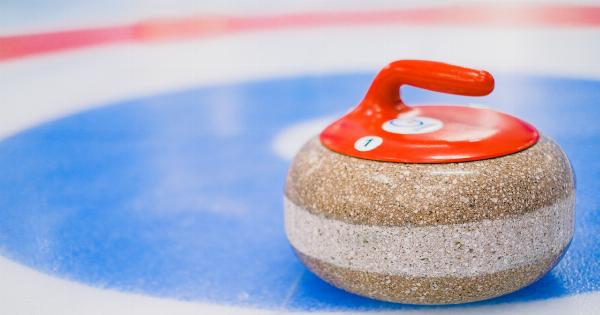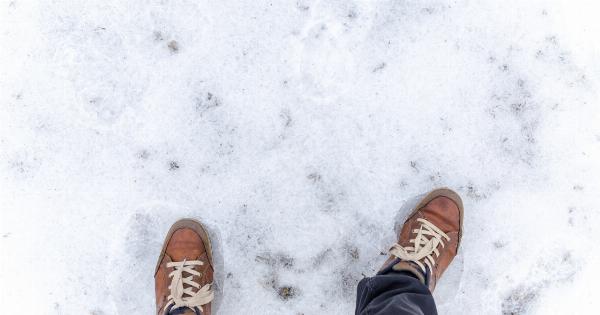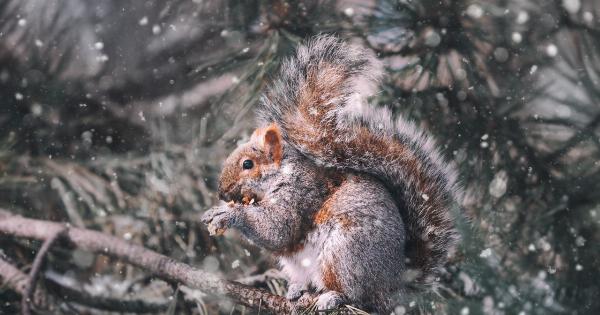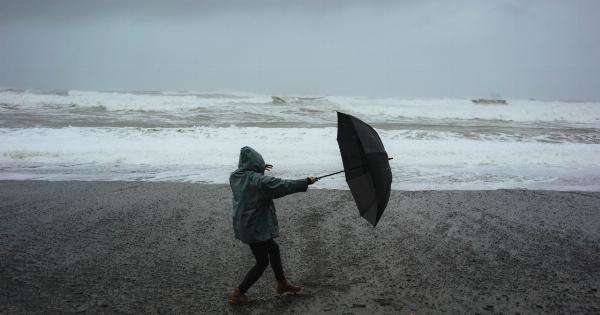Winter is often associated with hibernation, cozy blankets, and hot chocolate, but for some people, it is also the season of migraines.
Migraines can be excruciatingly painful and can last for hours or even days, with symptoms that include sensitivity to light, sound, and smell, as well as nausea and vomiting. One of the triggers for migraines can be cold weather or a sudden drop in temperature, commonly known as “chill.”.
What Causes Migraines?
Migraines are caused by a variety of factors, including genetics, environmental factors, stress, and hormonal changes.
While the exact cause of migraines is still not completely understood, it is believed that they are caused by abnormal brain activity, which leads to changes in blood vessels in the brain. This, in turn, causes inflammation and pain.
How Does Chill Trigger Migraines?
Chill or cold weather is a common trigger of migraines. This is because the sudden drop in temperature can cause the blood vessels in the brain to constrict or narrow, which can lead to a decrease in blood flow and oxygen to the brain.
This can then trigger a migraine.
A drop in temperature can also cause changes in the body’s internal rhythm, which can lead to a disruption in the production of serotonin, a chemical in the brain that helps regulate pain.
When the levels of serotonin in the brain are disrupted, it can lead to migraines.
Other Cold-Related Triggers for Migraines
Aside from the chill or sudden drop in temperature, there are other cold-related triggers for migraines, including:.
- Exposure to cold wind or draft
- Drinking cold beverages or eating cold food too quickly
- Being in an air-conditioned environment for a prolonged period
Preventing Migraines Caused by Chill
To prevent migraines caused by chill, it is essential to stay warm and avoid sudden temperature changes. Here are some tips:.
- Dress appropriately for the weather. Wear layers of clothing, including a warm hat and gloves. Use a scarf to cover your nose and mouth when you are outside.
- Avoid staying outside for too long, especially when it is windy or the weather is changing rapidly.
- Avoid cold drinks and food. Opt for warm beverages such as tea or soup and eat warm, well-cooked food.
- Keep your home warm. Set the thermostat to a comfortable temperature, use a space heater if necessary, and seal any drafts or leaks.
- If you stay in an air-conditioned environment for a prolonged period, bring a jacket or sweater to keep warm, or use a neck warmer or heated blanket.
- Manage stress. Stress is a known trigger for migraines, so find ways to relax and manage stress, such as yoga, meditation, or deep breathing exercises.
- Stay hydrated. Dehydration can also trigger migraines, so drink plenty of water and avoid alcohol and caffeine, which can dehydrate the body
When to See a Doctor
If you experience migraines frequently or if your migraines are severe, seek medical attention. A doctor can help diagnose the underlying cause of your migraines and provide treatment options.
Treatment options may include medication, counseling, and lifestyle changes.
Conclusion
Migraines are a debilitating condition that can interfere with daily life. Cold weather or chill is a common trigger for migraines. To prevent migraines caused by chill, it is essential to stay warm and avoid sudden temperature changes.
If you experience migraines frequently or if your migraines are severe, seek medical attention.


























